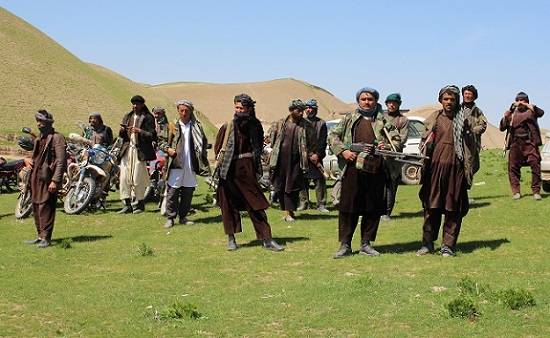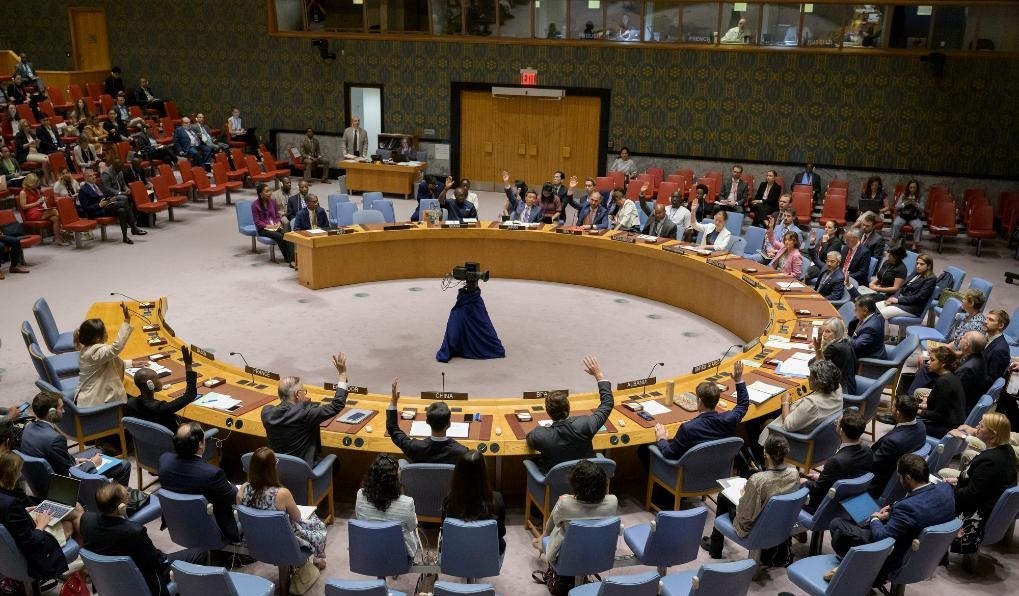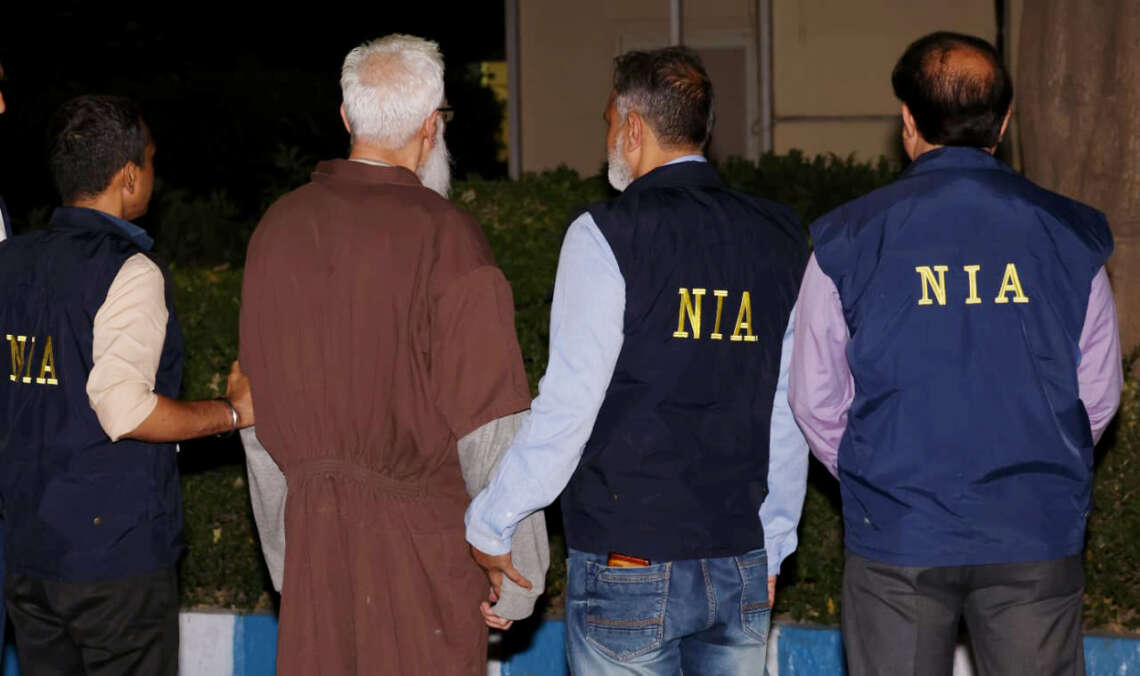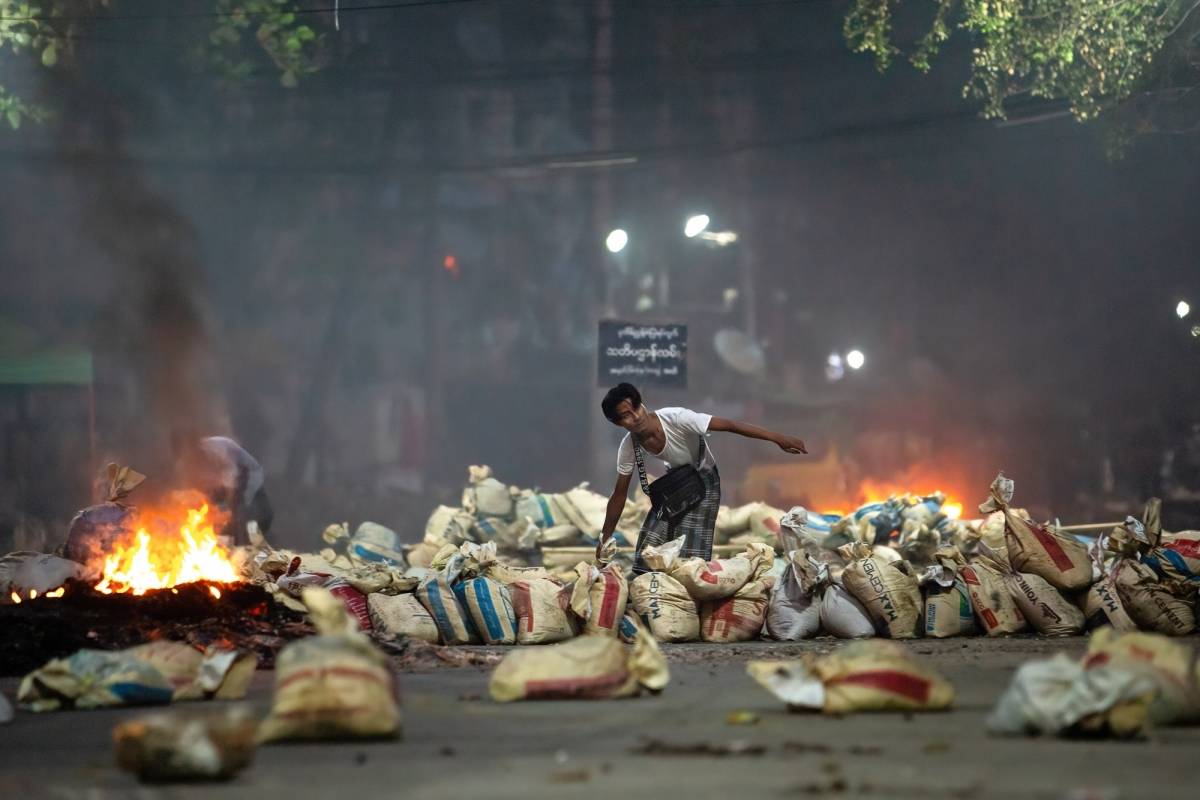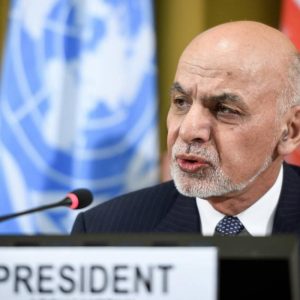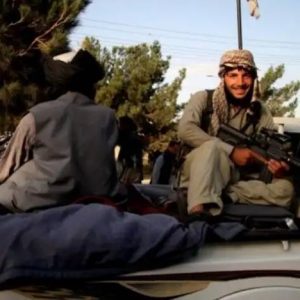The report titled ‘Pakistani Jihadis and Global Jihad’ released on June 18 focuses on the historical and recent links of Pakistani terror groups with transnational terror groups…reports Asian Lite News
The synergies between regional terrorist groups in the Afghanistan-Pakistan region and the international groups is a matter of concern as per a report by Centre d’analyse du terrorisme (CAT).
The report titled ‘Pakistani Jihadis and Global Jihad’ released on June 18 focuses on the historical and recent links of Pakistani terror groups with transnational terror groups like Al Qaeda and the Islamic State of Iraq and Syria (ISIS).
The expanding global focus of the regional groups whether Lashkar-e-Taiba (LeT), Jaish-e-Mohammad (JeM), Tehrik-e-Taliban Pakistan (TTP) or Al-Qaeda in the Indian Subcontinent (AQIS) is visible from their public statements on international developments, said the report.
There is increasing radicalisation in Pakistan that would provide these groups a ready ground for recruiting youth.
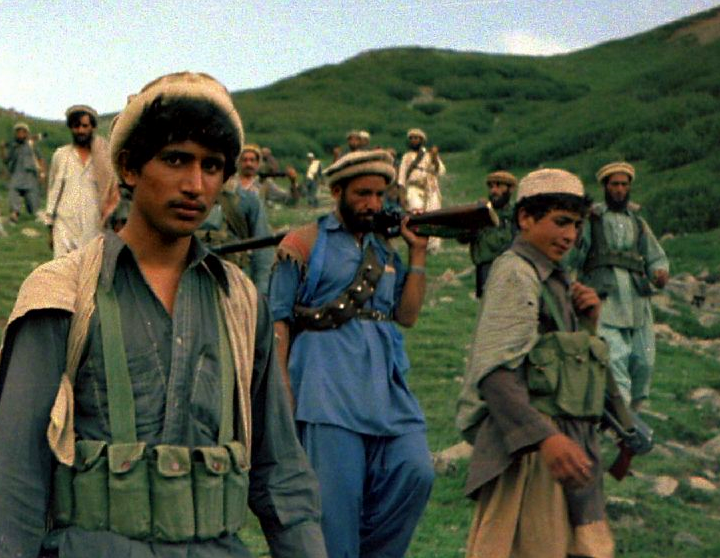
Moreover, the US withdrawal from Afghanistan is likely to witness a resurgence of the Taliban and greater coordination between Pakistan-supported groups like the LeT, JeM and the Taliban.
The report also notes that breaking the political and financial links between Pakistan and local jihadi organisations, some working under the guise of providing social and educational services to the people, is the key to weakening the reach and threat of these organisations.
Meanwhile, Counterterror watchdog Financial Action Task Force (FATF) has criticized Pakistan’s inaction against proscribed terror outfits that continue to function under different names.
ALSO READ: Army brass discuss threats from China, Pakistan
Pakistan’s prosecution of designated terror groups has remained the primary stumbling block since the country’s return to the grey list in 2018.
Earlier, a United Nations report revealed that significant part of the Al-Qaeda leadership resides in the Afghanistan and Pakistan region, including the group’s leader Ayman al-Zawahiri, who is “probably alive but too frail to be featured in propaganda.”
The findings on the status of Taliban-controlled and contested districts were presented last week by the Analytical Support and Sanctions Monitoring Team.
The 18 member states report said that large numbers of Al-Qaeda fighters and other foreign extremist elements aligned with the Taliban are located in various parts of Afghanistan.

This comes as foreign troops withdraw from Afghanistan and plan to leave completely by September 11.
According to the UN report, ties between the two groups remain close, based on ideological alignment, relationships forged through common struggle and intermarriage. The Taliban has begun to tighten its control over Al-Qaeda by gathering information on foreign terrorist fighters and registering and restricting them.
The group’s leader, Aiman Muhammed Rabi al-Zawahiri, is believed to be located somewhere in the border region of Afghanistan and Pakistan. Previous reports of his death due to ill health have not been confirmed. “One Member State reports that he is probably alive but too frail to be featured in propaganda.”
According to the UN report, Al-Qaeda, including Al-Qaeda in the Indian Subcontinent, is reported to number in the range of several dozen to 500 persons. Al-Qaeda core’s membership is of non-Afghan origin, consisting mainly of nationals from North Africa and the Middle East.
Although the member states assess that formal communication between senior Al-Qaeda and Taliban officials is currently infrequent, one member state reported that there is regular communication between the Taliban and Al-Qaeda on issues related to the peace process.
Al-Qaeda in the Indian Subcontinent operates under the Taliban umbrella from Kandahar, Helmand (notably Baramcha) and Nimruz Provinces. The group reportedly consists of primarily Afghan and Pakistani nationals, but also individuals from Bangladesh, India and Myanmar, the report added. (ANI)


